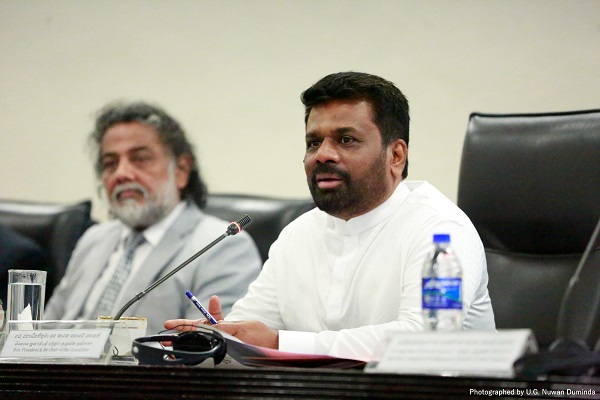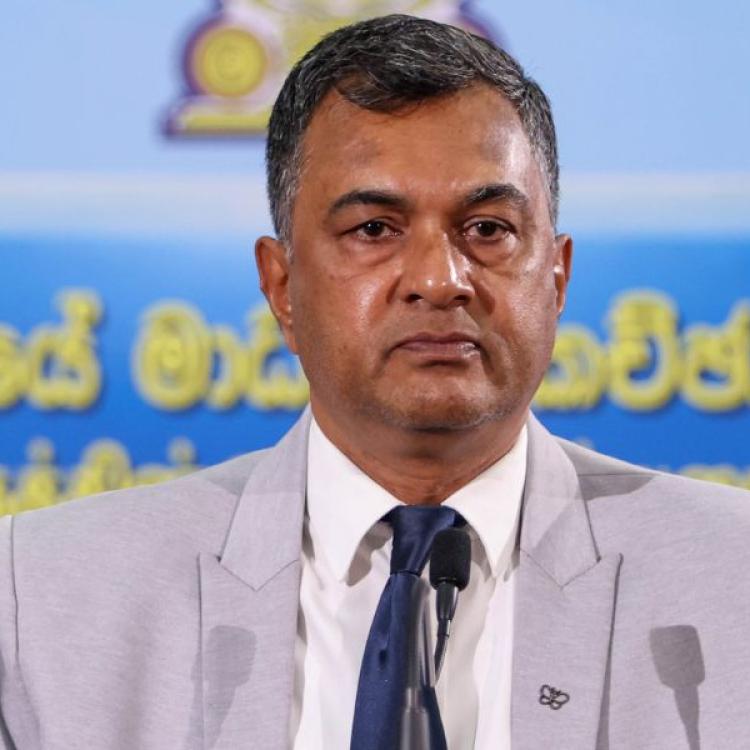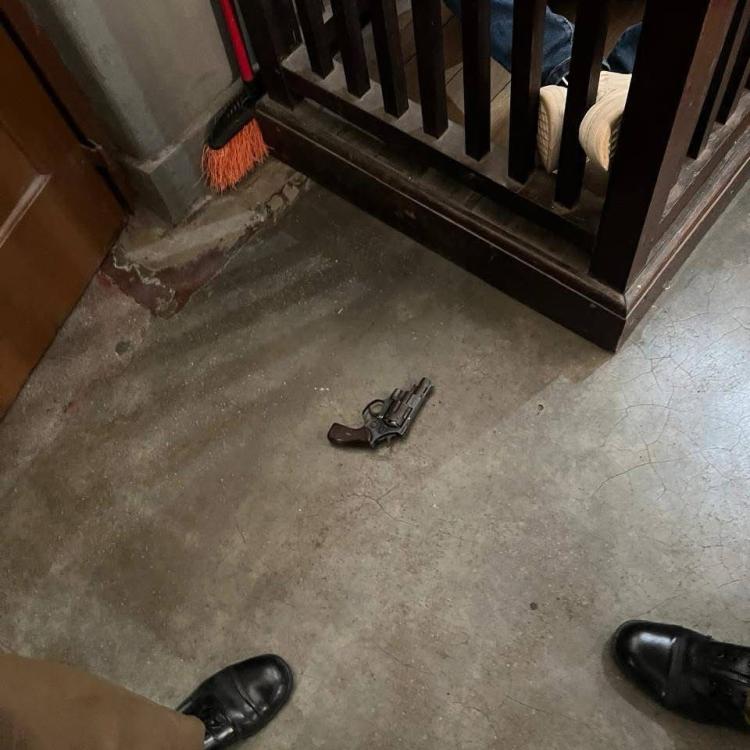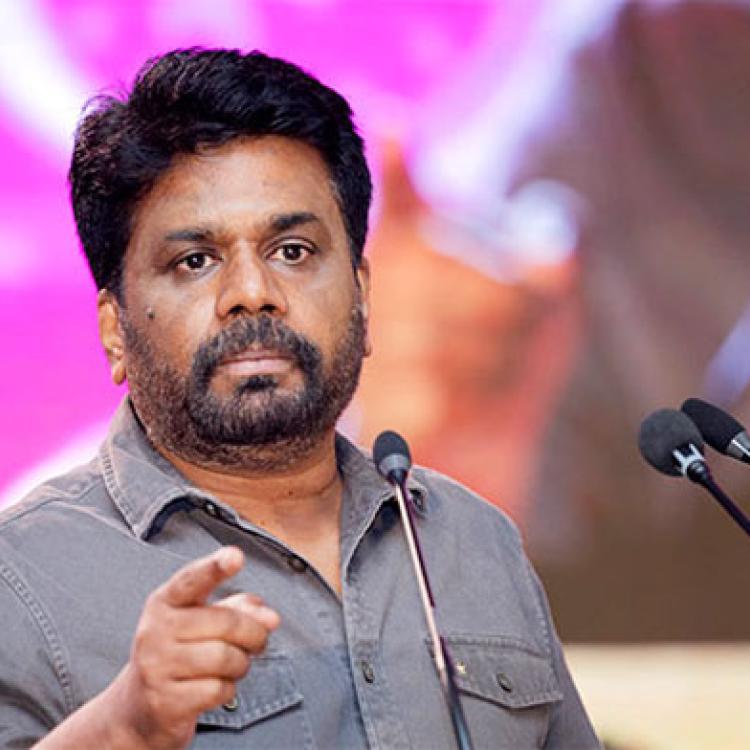
Sri Lankan president Anura Kumara Dissanayake has admitted that underworld gangs have infiltrated state security institutions, claiming that these elements had previously received “political protection”.
His remarks, made during the first Ministerial Consultative Committee on Defence of the 10th Parliament, underscore the deep-rooted criminal influence that has penetrated Sri Lanka’s security apparatus.
Dissanayake’s admission follows a series of violent incidents across the country, including high-profile assassinations, raising suspicions that these crimes are not just isolated gang rivalries but could involve more covert and politically connected networks.
Speaking at the Defence Committee meeting, Dissanayake stated that investigations had confirmed that criminal elements had embedded themselves within institutions responsible for public security. He further claimed that while his government was taking steps to eradicate underworld influence, it would be a long and challenging process.
“In the past, some of these criminal elements received political protection, but that support is no longer in place. Now, we are receiving critical intelligence, and investigations are already underway into these networks,” Dissanayake remarked, days later.
He also suggested that the recent surge in violence across the country might not solely be the result of gang rivalries, but could be part of a larger, orchestrated effort by unseen forces.
“There are ongoing investigations into the possibility that these incidents may be more than just clashes between gangs. We are exploring the theory that there may be external forces, perhaps working covertly, that are orchestrating these events,” he said, without elaborating further.
The recent courtroom assassination of a prominent underworld figure has further exposed the security failures of Sri Lanka’s law enforcement agencies. Addressing concerns about the safety of legal institutions, Justice Minister Harshana Nanayakkara stated that a proposal was being prepared to enhance security in court complexes, including the use of modern technology to examine all individuals entering court premises, including lawyers.
Dissanayake’s remarks mark a rare acknowledgment of the Sri Lankan state's longstanding entanglement with criminal networks. Over the years, Sri Lankan politicians, including high-ranking government officials, have been accused of shielding criminal gangs, using them for electoral violence, extortion, and targeted assassinations.
The country has seen countless extrajudicial killings and disappearances, with paramilitary groups and state-backed death squads often linked to both the government and the underworld. Many of these criminal networks have functioned with near-total impunity, enjoying protection from elements within the police, military, and intelligence agencies.



